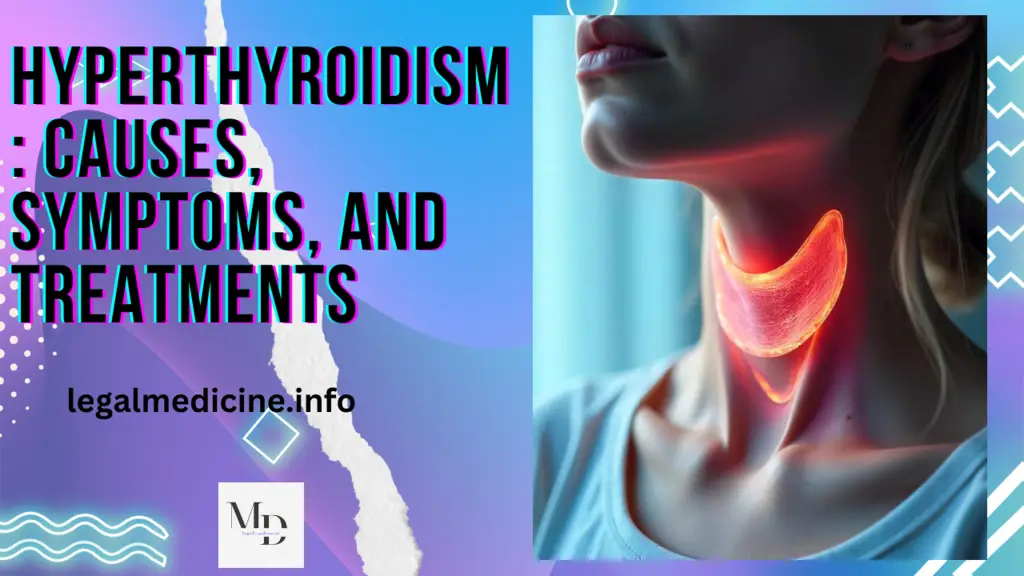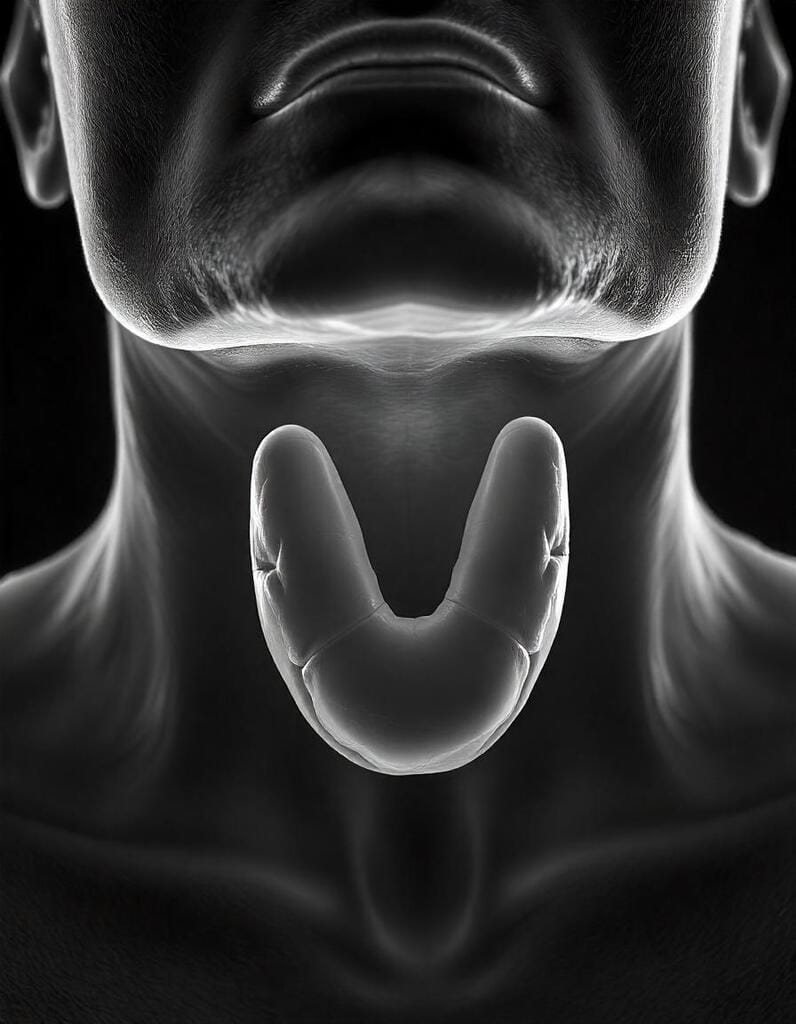Hyperthyroidism: Causes, Symptoms, and Treatments

Hyperthyroidism, often referred to as an overactive thyroid, occurs when the thyroid gland produces excessive thyroid hormones. This condition can significantly impact metabolism, heart rate, and overall energy levels. In this blog, we will explore the symptoms, diagnosis, and treatment options for Overactive Thyroid, including subclinical Thyroid Hyperactivity.
What is Hyperthyroidism?
Thyroid Hyperactivity is a thyroid disorder where the gland overproduces thyroxine (T4) and triiodothyronine (T3). These hormones regulate the body’s metabolism, and their excess can disrupt various bodily functions.
What is Subclinical Hyperthyroidism?
Subclinical hyperthyroidism is a milder form of the condition, often detected through routine blood tests before significant symptoms develop. It is characterized by:
- Low TSH (thyroid-stimulating hormone) levels
- Normal T3 and T4 levels
While Overactive Thyroid may not cause overt symptoms, it can lead to complications such as heart arrhythmias and bone loss over time if untreated.
Symptoms of Hyperthyroidism

Overactive Thyroid, including its subclinical form, may present symptoms like:
- Unexplained weight loss
- Anxiety or irritability
- Palpitations or irregular heartbeat
- Excessive sweating
- Muscle weakness
- Menstrual irregularities in females
Hyperthyroidism Symptoms in Females

Although Thyroid Hyperactivity can affect anyone, females are more prone to this condition. Common symptoms include:
- Unexplained weight loss
- Rapid or irregular heartbeat
- Nervousness or anxiety
- Excessive sweating
- Muscle weakness
- Heat intolerance
- Hair thinning
- Menstrual irregularities
Causes of Hyperthyroidism and Subclinical Hyperthyroidism
- Graves’ Disease: The most common cause, triggered by autoimmune overstimulation of the thyroid gland.
- Thyroid Nodules: Overactive nodules increase hormone secretion.
- Iodine Excess: From diet or medication.
- Subclinical Triggers: Early thyroid dysfunction or mild autoimmune activity.
Diagnosing Hyperthyroidism
- Hyperthyroidism Tests: Blood tests to measure T3, T4, and TSH levels.
- Thyroid Scan and Ultrasound: Assess thyroid structure and function.
- Clinical Assessment: Evaluation of symptoms like neck swelling or tremors.
Treatment Options

1. Medications for Thyroid Hyperactivity
- Antithyroid Medications: Methimazole and propylthiouracil (PTU) to lower hormone production.
- Beta-Blockers: Control symptoms like rapid heartbeat and anxiety.
2. Treatment for Subclinical Thyroid Hyperactivity
- Observation: Mild cases may require regular monitoring without immediate treatment.
- Medications: Used if symptoms or complications arise.
3. Overactive Thyroid Treatment
- Radioactive Iodine Therapy: Reduces thyroid activity by shrinking the gland.
- Surgery: Partial or total thyroidectomy for severe cases.
4. Supportive Therapies
- Lifestyle Adjustments: A balanced diet and stress management techniques like yoga.
- Calcium and Vitamin D Supplements: To prevent bone loss in long-term cases.
Lifestyle and Supportive Therapies
Managing Thyroid Hyperactivity also involves lifestyle adjustments:
- Diet: Avoid iodine-rich foods unless advised by a doctor.
- Regular Exercise: Helps alleviate symptoms like fatigue and muscle weakness.
- Stress Management: Techniques like yoga or meditation can improve overall well-being.
Hyperthyroidism and Graves’ Disease
Graves’ disease is a leading cause of hyperthyroidism. It often presents with specific symptoms like bulging eyes (exophthalmos) and skin thickening. Treating Graves’ disease typically involves similar methods but requires close monitoring due to its autoimmune nature
When to See a Hyperthyroidism Doctor

Seek medical advice if you experience persistent symptoms such as rapid heartbeat, unexplained weight changes, or fatigue. For subclinical Thyroid Hyperactivity, regular check-ups and blood tests are vital for early intervention.
Final Thoughts
Thyroid Hyperactivity is a manageable condition with proper medical care and lifestyle changes. Understanding the symptoms and seeking timely treatment can significantly improve quality of life. Whether through medication, therapy, or surgery, effective solutions are available to help individuals live well despite their diagnosis.
For more information on Thyroid Hyperactivity symptoms, diagnosis, and treatment options, visit American Thyroid Association – Hyperthyroidism
Mayo Clinic – Hyperthyroidism Overview
Explore the symptoms, causes, and treatments for Thyroid Hyperactivity from trusted medical professionals.
FAQs
1. What is the difference between hyperthyroidism and subclinical hyperthyroidism?
Thyroid Hyperactivity involves high thyroid hormone levels, while subclinical hyperthyroidism has normal hormone levels with low TSH.
2. Can subclinical Thyroid Hyperactivity progress to full-blown Thyroid Hyperactivity?
Yes, if left untreated, subclinical hyperthyroidism can develop into overt Thyroid Hyperactivity, especially in high-risk individuals.
3. What are the risks of untreated subclinical Thyroid Hyperactivity?
Long-term risks include atrial fibrillation, bone loss, and progression to symptomatic Thyroid Hyperactivity.
4. Are there specific treatments for subclinical Thyroid Hyperactivity?
Treatment depends on individual factors like age, symptoms, and the risk of complications. Observation is common for mild cases.
5. How can I prevent complications from subclinical Thyroid Hyperactivity?
Regular monitoring, a healthy diet, and following your doctor’s advice can help prevent complications.
